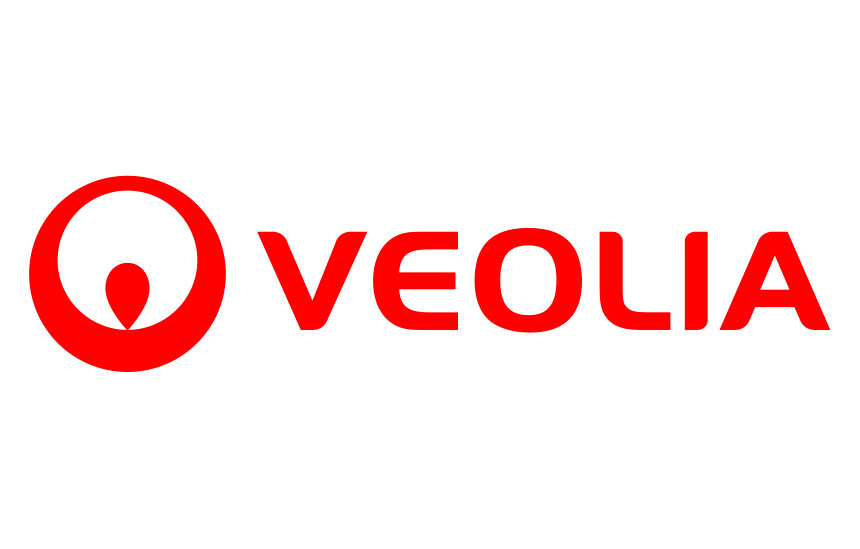- Current technologies allow to slash energy use by 80% compared to the 1980s, when thermal desalination was predominant.
- With a capacity of 550,000 cubic meters per day, this reverse osmosis desalination plant will supply drinking water to around 210,000 households.
- Worth around €300 million euros in revenue for Veolia, the project calls for construction of the plant to start in the 2nd quarter of 2023 and commissioning in 2025.
Veolia, the world leader in water technologies, will lead, via its subsidiary SIDEM, a consortium in charge of the engineering, procurement and construction (EPC) on the Mirfa 2 desalination project commissioned by Abu Dhabi National Energy Company PJSC (TAQA) and ENGIE. Located in Abu Dhabi, this state of the art Reverse Osmosis Desalination (M2 RO) will be the third-largest desalination plant in the United Arab Emirates (UAE). With a production capacity of 550,000 cubic meters per day of potable water, it will provide clean drinking water to approximately 210,000 households while offering increased efficiency and a reduced environmental footprint. The contract represents revenue of approximately 300 million euros for Veolia. Project construction will begin in Q2 2023 so the plant can be commissioned by 2025.
Most of the drinking water used in the UAE comes from the sea. To manage the growth in water consumption and to compensate for the aging of existing facilities, mainly thermal desalination plants, the country has decided to use the latest advanced technologies and engineering processes to increase its desalination capacity while reducing its energy consumption. A strategy that strongly supports the country’s 2050 carbon neutrality ambition.
Relying on Veolia’s worldwide expertise in water desalination, the Mirfa 2 plant will follow the latest developments in environmental and efficiency standards for desalination, featuring advanced technological processes such as reverse osmosis, which represents strong efficiency gains compared to traditional thermal desalination, to lower energy consumption and improve productivity. These technological advancements allow to slash energy use by 80% compared to the 1980s, when thermal desalination was predominant.
“Growing desalination capacities in a sustainable way is crucial, as they are a part of the mix of solutions needed to address water scarcity across the globe, and especially in the Middle East. With Mirfa 2 Reverse Osmosis, Veolia continues to raise the bar for environmental and operational standards in desalination, further contributing to the ecological transformation of the sector, which has already made significant progress over the years,” said Estelle Brachlianoff, Chief Executive Officer of Veolia. “This project follows the successful commissioning of four other flagship desalination plants in the past 18 months to bring drinking water to more than six million people in Saudi Arabia, Umm Al Quwain (UAE), Bahrain and Iraq. This achievement confirms our leading position in water technologies and our commitment to leveraging our expertise and our capacity for innovation to deliver reliable, affordable and sustainable water access solutions.”
Desalination by reverse osmosis, which is based on membrane filtration, is the most widespread technological solution in countries that use desalination to combat water stress, as it reduces their energy consumption. Since the 1970s, SIDEM, a Veolia subsidiary specialized in desalination operations, has acquired unparalleled experience in this field and has become the world leader, with nearly eight million cubic meters of desalinated water per day.
About Veolia
Veolia Group aims to become the benchmark company for ecological transformation. Present on five continents with nearly 220,000 employees, the Group designs and deploys useful, practical solutions for the management of water, waste and energy that are contributing to a radical turnaround of the current situation. Through its three complementary activities, Veolia helps to develop access to resources, to preserve available resources and to renew them. In 2022, the Veolia group provided 111 million inhabitants with drinking water and 97 million with sanitation, produced 44 terawatt hours and recovered 61 million tonnes of waste. Veolia Environnement (Paris Euronext: VIE) achieved consolidated revenue of 42.885 billion euros in 2022. www.veolia.com

